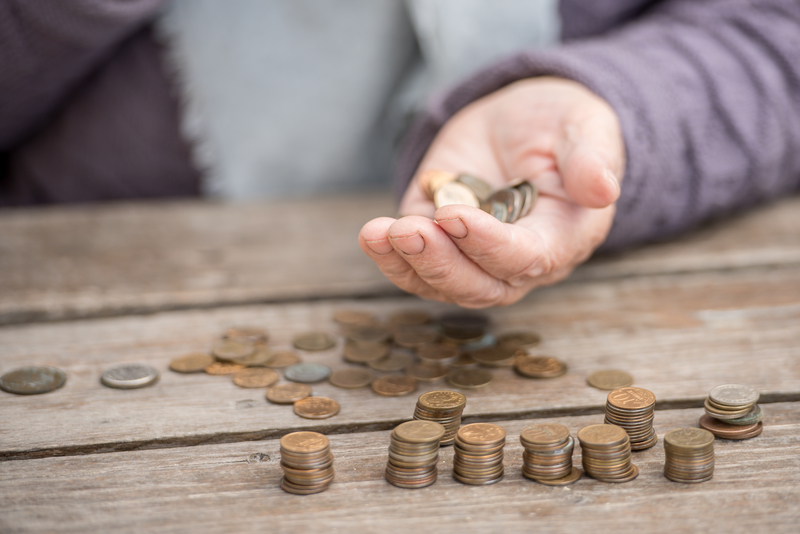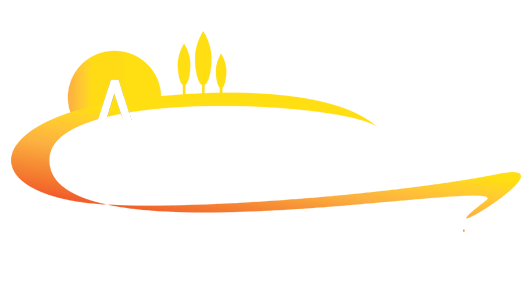
31 Oct How Do Pensions Work?
To some people, to talk about pensions may be a rather dreary and dull conversation to have. As a result, they find it very easy to put the idea of having to save in them in a proper way. In fact, for the young, this topic is too farfetched and isn’t something to even imagine talking about because they argue that it’s irrelevant to their age. They consider it a topic that only those who’re close to retiring should have. The other reason why people easily put off the thought about pensions is that there are a lot of priorities such as purchasing a home, affording a wedding or even the costs of raising children.
When one realizes that they’re almost retiring, it’s also easy to brush off the thought of pensions because you suddenly realise that you didn’t save enough. You begin to think that there’s no need to start when it’s seemingly too late for it.
However, all these don’t have to be your story. You need to ensure that you seize every opportunity you can find to save for pensions. This way, you’ll secure the chances of having a better retirement income. The accommodation, bills, occasional treats and food will still need to be paid for even when you retire. So, planning ahead helps you manage life even after you retire.
Pension Plan
There are two main pension plan types. We have the personal pension plan and the company pension plan. The personal pension plan is the one that’s available for individuals who don’t have their employers providing their pensions as well as those individuals who’re self-employed. Company pension plans are those whose pension is paid by their employer on their behalf. These are effective ways to fund for your income at the age or time when you won’t be able to work as a result of ill-health or age.
The pensions work in the sense that the insurance company invests your contributions over the period of your working in tax-free funds until you retire. The gained investment return and accumulated contribution from the investment on the behalf of the individual are credited to the individual’s plan. The term used to refer to this is pension fund cash value.
When the individual retires, the cash fund is used for buying pension or annuity for them. In the case of the married at the moment of retirement due to death, there’s in an option to have the pension paid to the wife. Though the income from your pension will be taxable, as the fund grows over the years before retirement, it’s non-taxable.
Another way of contributing to the pension plan is to pay lump sums either in conjunction or separately from the regular annual or monthly contribution. Your company can decide to provide pension depending on the contribution that can be afforded by the company or contributions to a certain targeted goal of retirement or a fraction of the final salary of the employee.
What Happens At Retirement
The retirement benefits can be taken at any age between 60 and 75 years. Also, you may make the decision to take an early retirement in the case of ill health.


